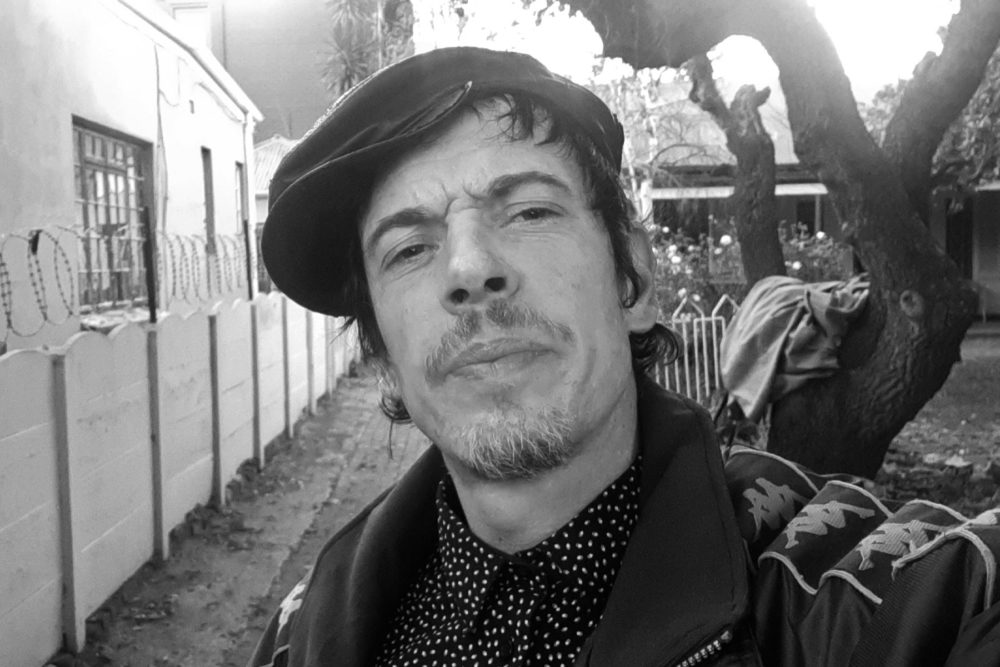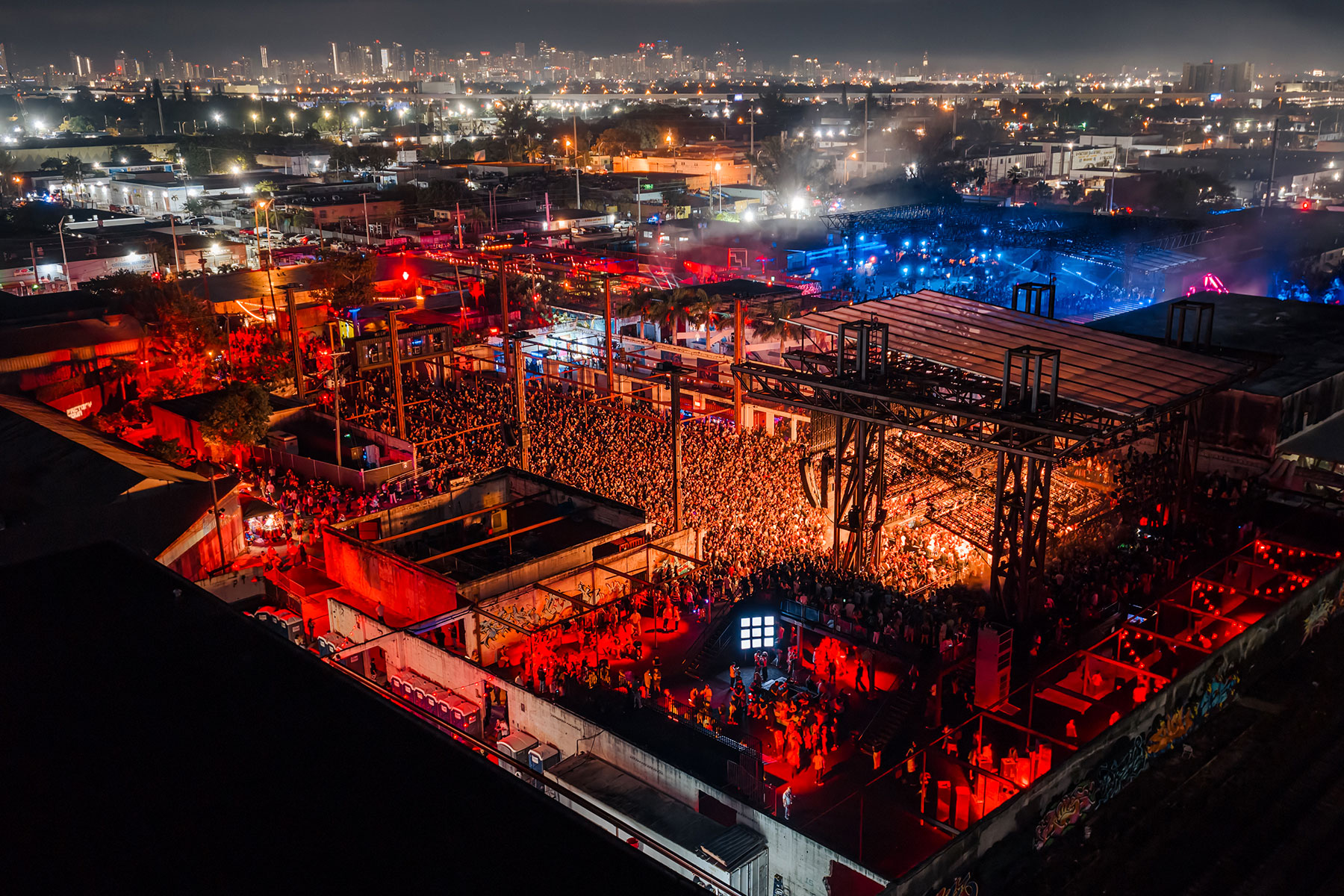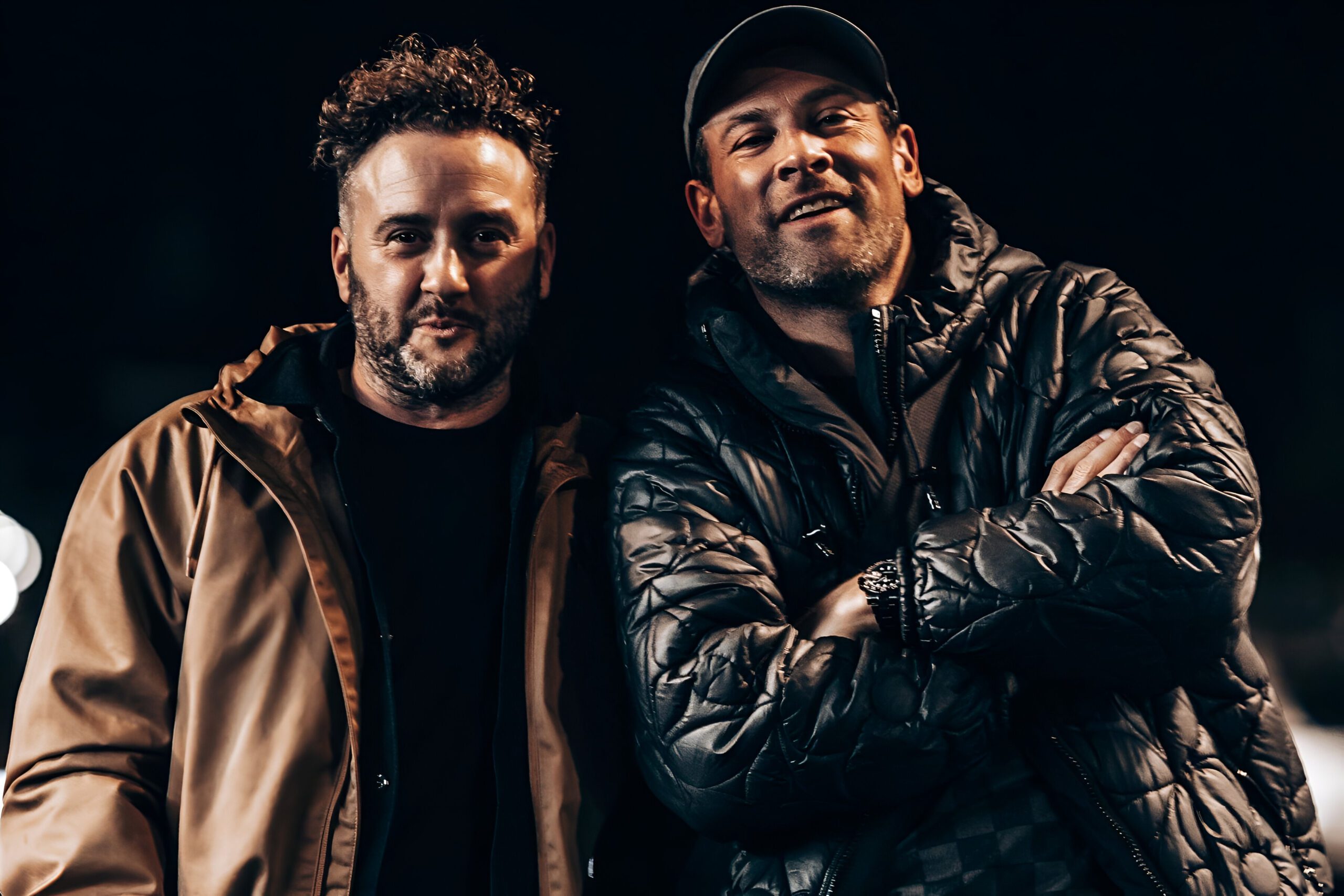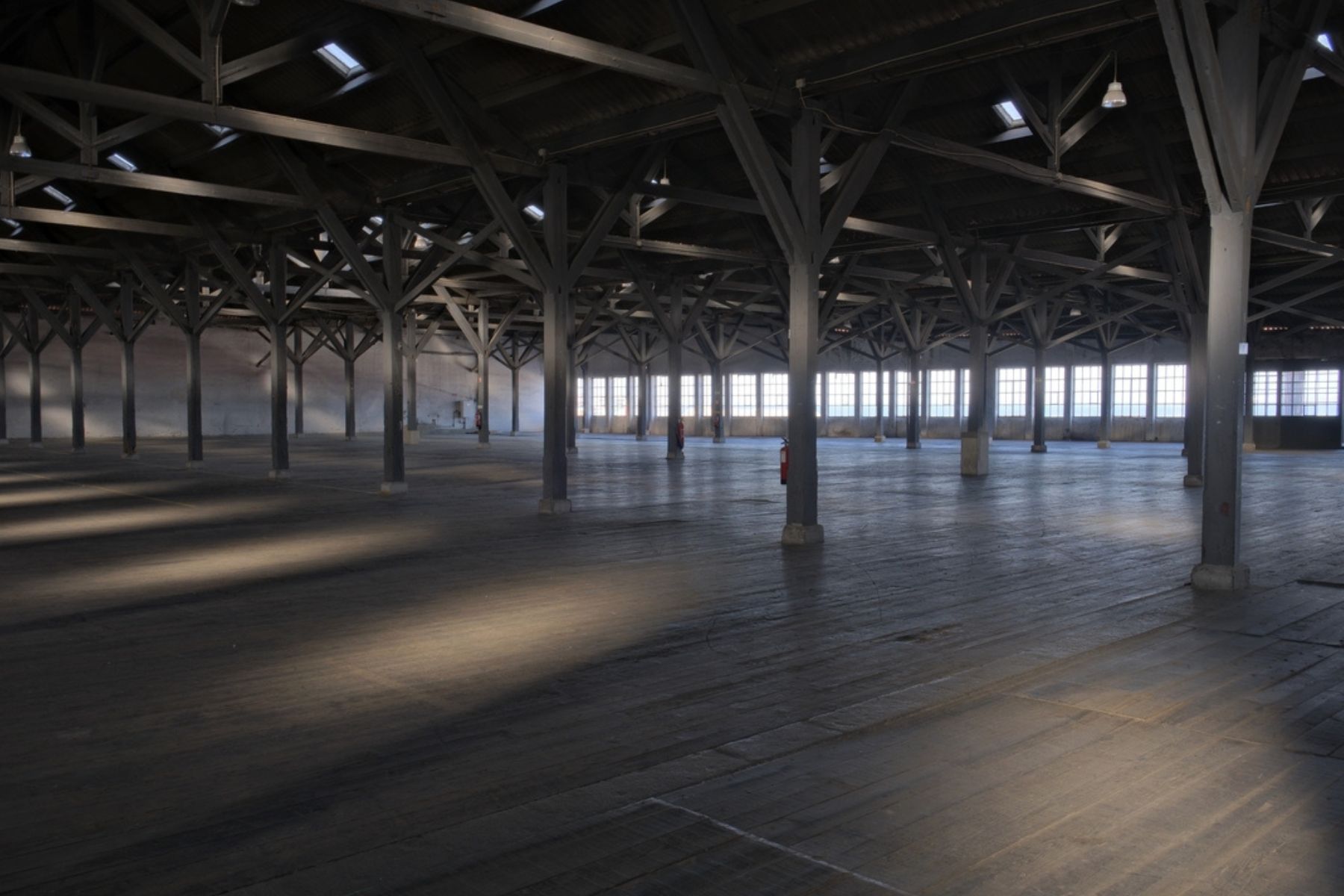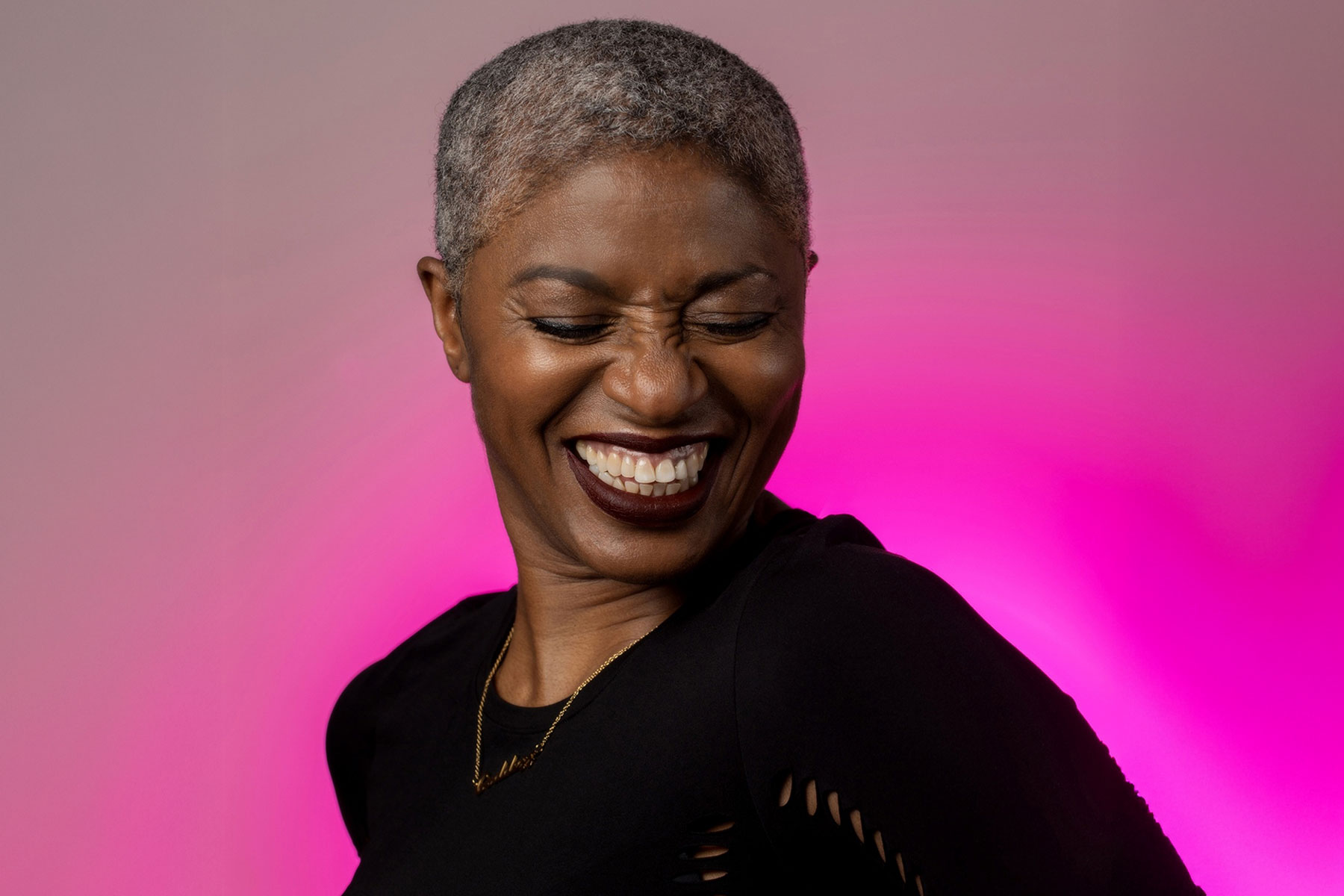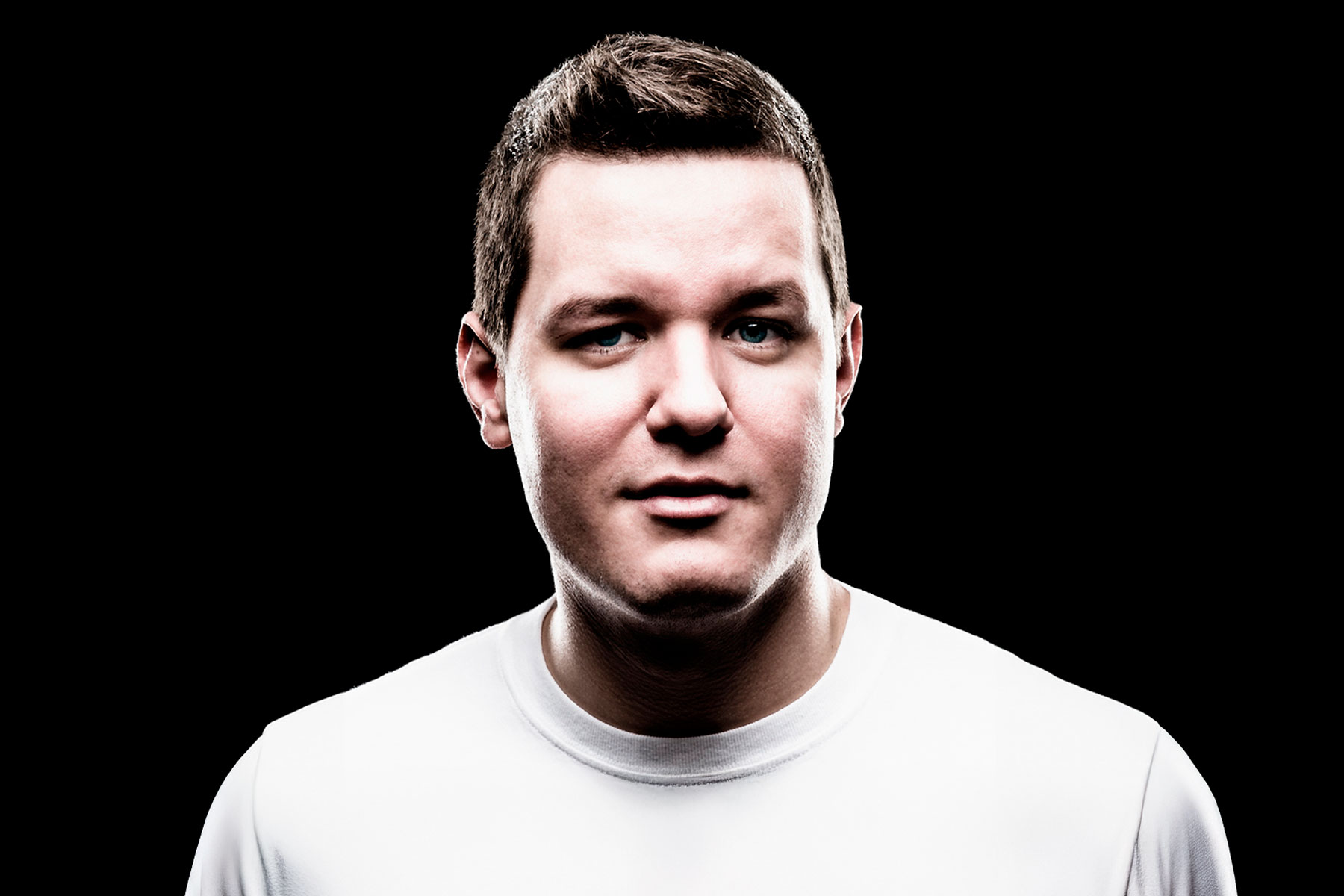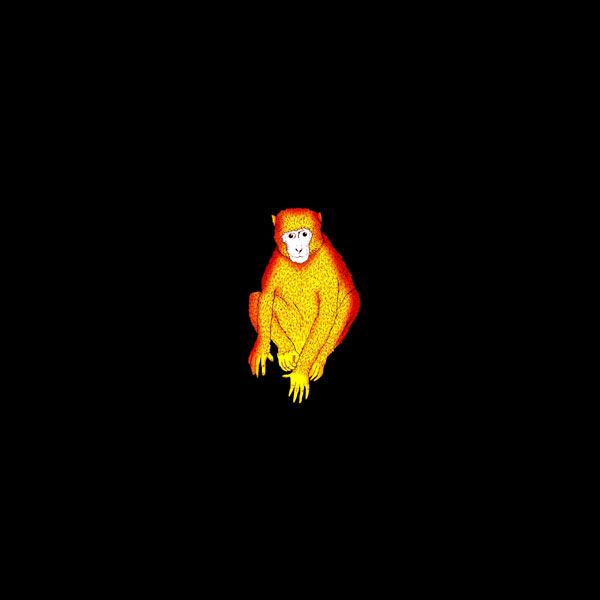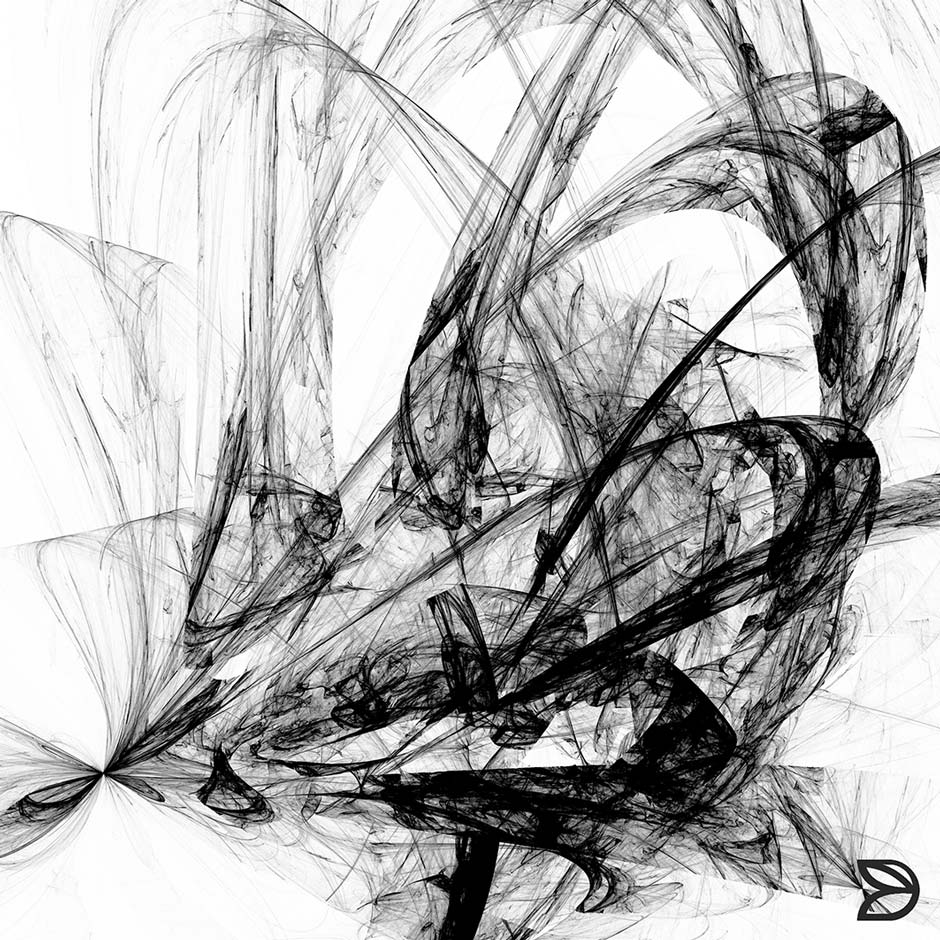Felix Laband is a South African electronic music producer and visual artist whose work is known for its introspective and emotional qualities. His latest album, “The Soft White Hand,” has been hailed as a masterpiece for its ability to evoke personal and challenging emotions while providing comfort and escape from fear and uncertainty.
In this interview, Felix speaks with EG about the inspiration behind his latest album, his creative process, and his experiences with substance abuse. He also shares insights into his approach to incorporating classical music and natural sounds into his compositions, and how his work as a visual artist influences his music. This conversation provides a glimpse into the mind of a true artist, whose ability to channel his emotions and experiences into music and art continues to captivate audiences around the world.
EG: Hi Felix, welcome to EG. Where are you right now?
Felix Laband: Hello EG, thank you so much for having me. Right now, I’m sitting in Johannesburg, South Africa, my home at this stage in my life.
EG: Congratulations on “The Soft White Hand”. What was your main source of inspiration behind it?
Felix Laband: Thank you. The overwhelmingly dark and uncertain world that we find ourselves living in today steered this album towards its final conclusions. I was making some music for some time that tried to ignore my actual emotions. Music geared towards a club environment but this all just felt very fake, and I abandoned most of this music in the end and focused on what became “The Soft White Hand”.
EG: What kind of emotions do you hope to evoke in listeners with your album?
Felix Laband: I was trying to make emotions that were very personal and challenging to the autopilot we seem to be living, and at the same time, I hoped to create feelings of comfort and escape from fear and uncertainty.
EG: The album features remixes by legendary artists like Coldcut and Acid Pauli. How did you go about selecting artists to collaborate with on this project?
Felix Laband: This was a process that involved my record label Compost quite a lot, as they have been deeply involved in this electronic music world forever now and know almost everybody, so whoever I dreamed of, they went about making a reality. I very much love to get remixed by an artist who I love and admire and who has stood the test of time. This is special to me, and for a label that has been going for over 30 years or something, they are able to achieve this.
EG: Can you walk us through the creative process of your compositions?
Felix Laband: My process has been a bit all over the place, but in the end, it always comes down to finding a sample or melody that dictates the overall mood palate, and from there, it’s just a process of creating further parts and textures which I eventually arrange into a story that feels fluid. If I can listen to something over and over again and still feel excited about it, then I know I’m on the right path.
EG: What was your favorite track to create on “The Soft White Hand”?
Felix Laband: I think I enjoyed “They Call Me Shorty” as this track is quite freeform in terms of timing and arrangement, and I felt very pleased with myself when this all eventually fell into place. It felt special.
“I was hoping that my listeners would find some beauty and humanness to a section of society that is frowned upon and dismissed. Trying to give a human voice to people that have lost all hope and dignity to drug addictions.”
EG: And the track addresses a heavy topic, the casualties of the war on drugs. What do you hope listeners take away from this piece?
Felix Laband: “They Call Me Shorty” is based on a very intimate conversation by a New York junkie about how she uses crack. I was very drawn to these conversations by street junkies about their experience as they felt so real and vulnerable. I was hoping that my listeners would find some beauty and humanness to a section of society that is frowned upon and dismissed. Trying to give a human voice to people that have lost all hope and dignity to drug addictions. It is also taking note of the huge problems we seem to have with drug addiction in our contemporary societies. The deadly fentanyl crisis in America. South Africa is also plagued with massive drug problems with heroin and meth.
EG: You’ve spoken before about your struggles with substance abuse. How have these experiences shaped your approach to music-making?
Felix Laband: My addictions have obviously had a negative effect on my creativity as a whole as they have become so intertwined with my process that I found it hard to work without them. It has taken me a long time to get to the place where I can work without being totally messed up, but you eventually loose the ability to be sincere and venerable when on drugs and this is not a good thing. I am lucky that my creative work has always had more meaning to me than getting high which has meant that I never stopped working and that my creativity won in the end.
EG: Your work often incorporates elements of classical music. How do you go about selecting pieces to reinterpret, and what draws you to these particular compositions?
Felix Laband: I grew up in a household with a father who only listened to classical music, and as much as I rebelled against this music as a youngster, I realized that it eventually became a huge influence for me. For this album, I have been most drawn to the piano works of Chopin, Debussy, and Bach, and I have also been obsessed with the choral works of John Tavener and Henryk Gorecki. I can’t explain why I am drawn to this particular classical music other than it speaks to me.
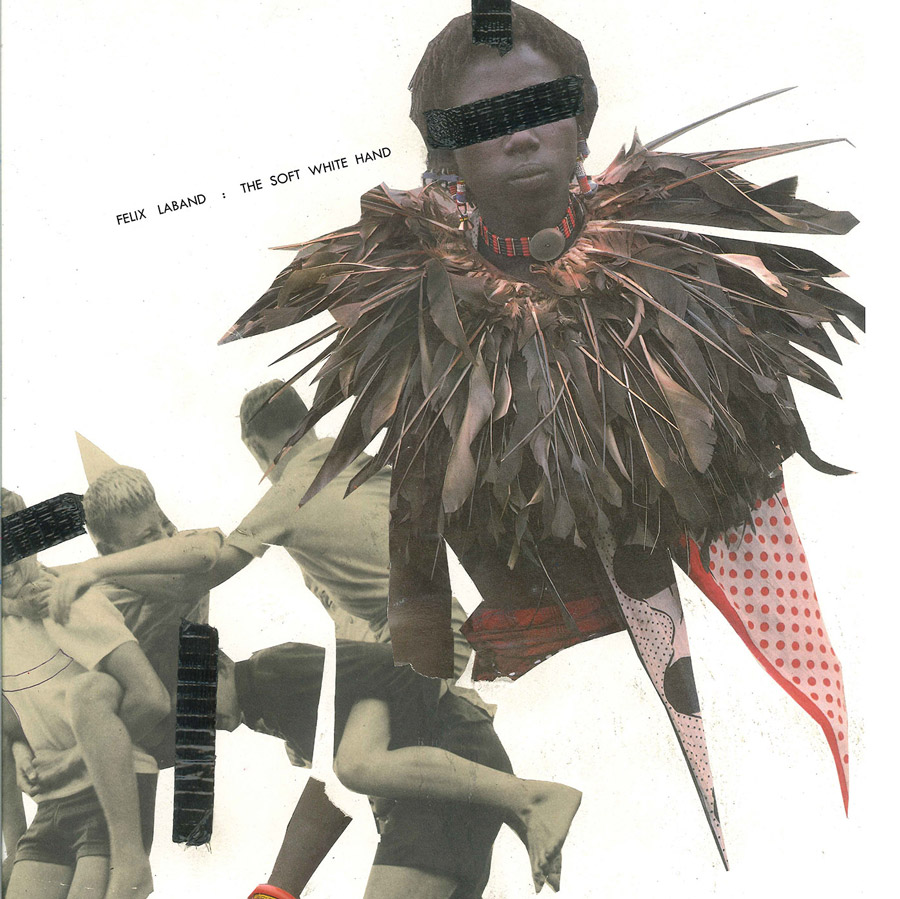
EG: In “Prelude,” you incorporate recordings made in your garden in the early morning hours. What inspired you to use these sounds in your music, and how do you feel they contribute to the overall mood of the piece?
Felix Laband: I used to find myself wandering around my garden in the very early hours of the morning when everybody is still asleep. It felt like all the beautiful sounds of the birds and insects talking were in a magical world where they allowed me to listen to and understand their conversations. This sums up the album in many ways, a conversation that is happening but no one can hear as they are all asleep.
EG: You’re also a visual artist, and your work in that field often incorporates collage techniques. How do you approach collage differently in your music versus your visual art?
Felix Laband: Besides the fact that one medium is physical and visual and the other is music, which exists in space without a physical form, there is no real difference. Everything I do is based on collage. I create things using images or sounds which I “sample” and then build something new using these samples.
EG: Can you tell us about any particularly memorable experiences you’ve had while touring or performing live?
Felix Laband: I had a tour in Brazil and South America many years ago, which has always stood out as an amazing adventure. I met such beautiful people, played great shows, and was really impressed with a different but wonderful culture. I also had a tour in Italy, which was pretty magical.
EG: What advice would you give to aspiring electronic music artists?
Felix Laband: I would say try not to get obsessed with genres and production tutorials online unless you want to sound just like everybody else. If you want to make music for the wrong reasons, and it’s all about your ego, etc., then it will all feel fake. If you try to keep everything sincere and unique, then you can’t really go wrong.
“Being able to survive with the royalties earned from all the digital sales has made my whole process even more beautiful as I basically just spend all my days making music”
EG: The music industry has changed significantly over the years with the rise of digital streaming and social media. How have these changes impacted your approach to making and promoting music?
Felix Laband: I don’t know if these changes have really changed my approach to making music, as I tend to live in a bit of a vacuum. But certainly, digital music has given me a whole new fanbase that I never imagined possible. Being able to survive with the royalties earned from all the digital sales has made my whole process even more beautiful as I basically just spend all my days making music and don’t have to compromise the music-making process in any way to survive.
EG: Social media can be a powerful tool for musicians to connect with fans and promote their work. Do you think it has helped the world of the arts?
Felix Laband: I think, in some ways, social media can definitely benefit the artist and the scene as a whole in terms of people being able to access things quickly and without limitations. But in general, I don’t think social media has done anything good for society; in fact, I feel that social media has been the death of society.
EG: Thanks for your time and all the best!
Felix Laband: Thank you for the interest and opportunity. I hope you enjoy the podcast as I really enjoyed creating it.
Follow Felix Laband: Soundcloud | Bandcamp | Facebook | Instagram


